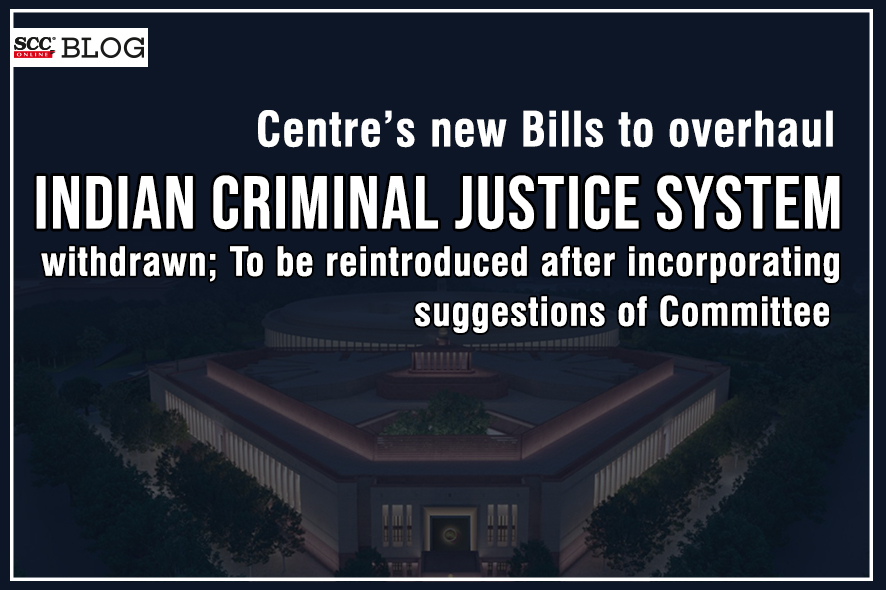Understanding Family Law in India: A Comprehensive Overview
In Indian society, family plays a pivotal role, with relationships deeply embedded in cultural and religious traditions. However, disputes within families, often related to property, marriage, inheritance, or custody, require legal intervention to ensure justice. Family law, a significant branch of civil law in India, addresses these issues through a well-defined framework based on statutes, customs, and judicial decisions. This article explores some of the critical aspects of family law in India, providing essential knowledge for those facing or navigating family disputes. 1. Marriage and Divorce The institution of marriage, governed by religious and civil laws in India, varies among different communities. The Hindu Marriage Act, 1955, governs marriages among Hindus, Sikhs, Buddhists, and Jains, while the Muslim community follows personal law based on the Quran and Sharia. Christians are governed by the Indian Christian Marriage Act, 1872, and the Parsi community by the Parsi Marriage and Divorce Act, 1936. In case of marital disputes, divorce is a common remedy. The grounds for divorce under the Hindu Marriage Act include cruelty, adultery, desertion, mental illness, and irretrievable breakdown of marriage. Muslim couples may divorce through the process of “Talaq” under Muslim personal law, while Christians and Parsis have separate provisions for divorce. The Special Marriage Act, 1954, allows for inter-religious marriages and provides for divorce based on mutual consent and other grounds similar to those in the Hindu Marriage Act. 2. Custody and Guardianship Child custody and guardianship disputes often arise in divorce cases. The welfare of the child is the paramount consideration for courts when deciding custody arrangements. The Guardians and Wards Act, 1890, applies universally, while Hindu parents are also governed by the Hindu Minority and Guardianship Act, 1956. In general, courts tend to favor the mother for custody of young children, though this can vary depending on circumstances such as the financial stability of the parents, mental and emotional health, and the child’s preference if they are old enough to express it. 3. Maintenance and Alimony Maintenance and alimony ensure that a spouse (usually the wife) receives financial support after a separation or divorce. Under Section 125 of the Code of Criminal Procedure (CrPC), a wife, child, or even aged parents can claim maintenance. The Hindu Marriage Act, Muslim Women (Protection of Rights on Divorce) Act, and other community-specific laws also provide maintenance provisions. Courts take several factors into account while determining the quantum of maintenance, including the income of both parties, the standard of living, and any special needs of the claimant. 4. Property Rights and Inheritance Inheritance and property rights are another common area of family disputes. The Hindu Succession Act, 1956, governs inheritance among Hindus, providing both sons and daughters equal rights to ancestral and self-acquired property after amendments made in 2005. Muslim inheritance is governed by personal law based on the Quran, which provides specific shares for heirs. Christians and Parsis follow the Indian Succession Act, 1925. One significant aspect of Hindu law is the concept of joint family property or “coparcenary.” Daughters, after the 2005 amendment, are considered coparceners with the same rights as sons. 5. Domestic Violence Domestic violence is a critical issue affecting many families. The Protection of Women from Domestic Violence Act, 2005, provides remedies for women facing physical, emotional, sexual, and economic abuse. The act allows women to file complaints, seek protection orders, and claim maintenance. This law empowers women to live with dignity, free from violence, while holding perpetrators accountable. 6. Adoption Adoption laws in India are governed primarily by the Hindu Adoption and Maintenance Act, 1956, for Hindus, and the Juvenile Justice (Care and Protection of Children) Act, 2015, for all communities. Adoption under the Juvenile Justice Act is applicable to non-Hindus and provides for a more streamlined and secular adoption process. Under the Hindu Adoption and Maintenance Act, the adoptive parents must meet specific criteria, such as age limits and marital status, and only a Hindu child can be adopted. The Juvenile Justice Act, however, allows any person irrespective of religion to adopt a child, provided they meet the required criteria. Conclusion Family law in India is vast, encompassing marriage, divorce, custody, maintenance, inheritance, and protection from abuse. Navigating these laws requires a clear understanding of the legal framework and the nuances specific to each community or religion. Whether dealing with property disputes or personal relationships, it is essential to approach family issues with sensitivity and seek legal guidance to ensure just outcomes. Family law continues to evolve, reflecting changing societal norms, especially concerning gender equality and individual rights. For those grappling with family disputes, seeking legal advice from an experienced advocate is crucial in resolving conflicts while protecting the interests of all parties involved. Vidhik Gyan aims to educate readers about various aspects of the legal system and empower individuals to navigate their family matters with confidence and knowledge.
Understanding Family Law in India: A Comprehensive Overview Read More »



